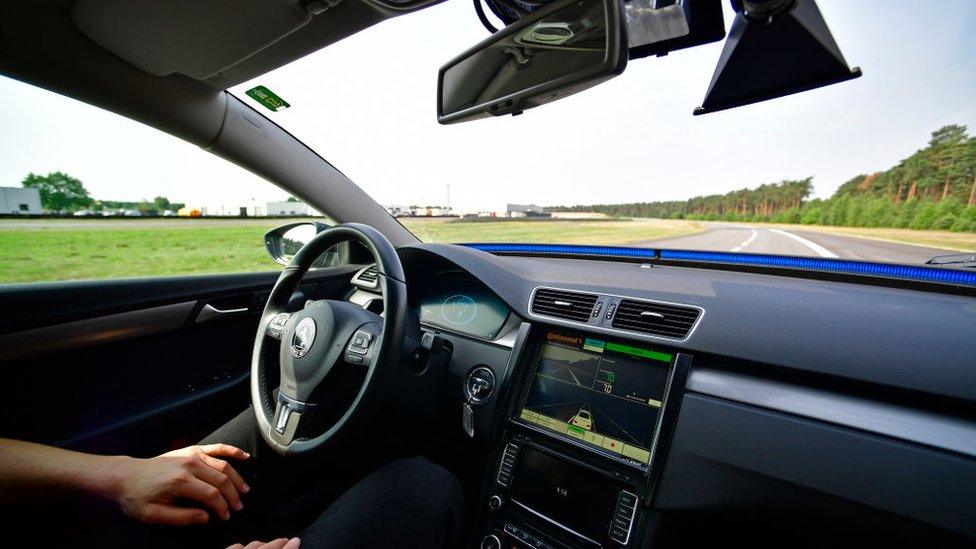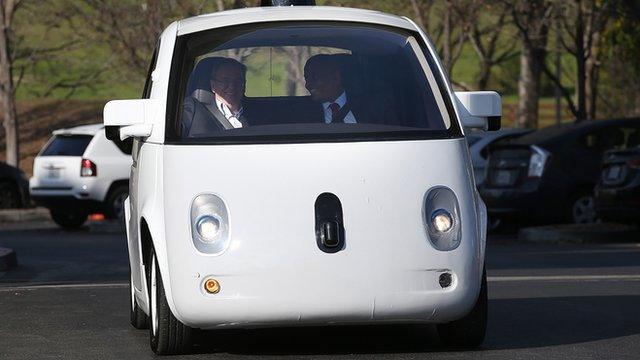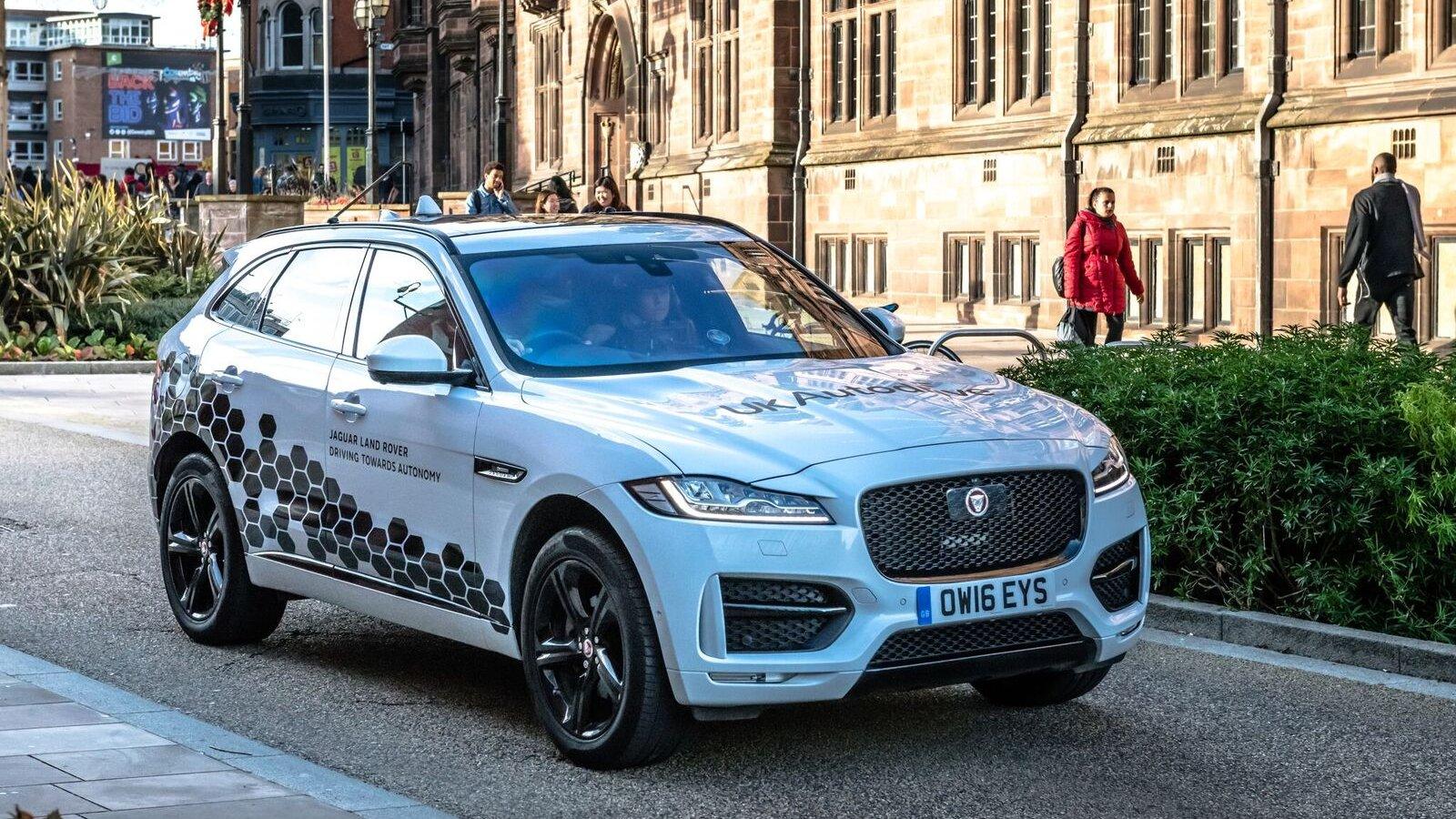Budget 2017: Plans to build 300,000 homes a year
- Published
- comments
"It is not acceptable to us that so many fewer young Britons are able to own a home"
Philip Hammond says next week's Budget will set out how the government will build 300,000 new homes a year.
But the chancellor said there was no "single magic bullet" to increase housing supply and the government would not simply "pour money in".
Ministers want to speed up developments where planning permission has been granted and give more help to small building firms, he added.
Labour says ministers "still have no plan to fix the housing crisis".
Speaking on the BBC's Andrew Marr Show ahead of Wednesday's Budget, external, the chancellor also said:
"There are no unemployed people" while discussing the threat to jobs posed by technological change - when pressed later, he said the government hadn't forgotten the 1.4m who are unemployed
The government was "on the brink" of making "some serious movement forward" in the Brexit negotiations
Ministers would not withdraw a controversial bid to enshrine the exact Brexit date in law
The health service will not face "Armageddon" if it is not given a £4bn funding boost demanded by the boss of NHS England
More houses needed
The shortage of housing is expected to be one of the themes of the Budget, with Mr Hammond under pressure to ease the difficulties faced by first-time buyers trying to get a deposit.
He said it was "not acceptable" that young people find it so hard to buy a home, and promised to set out how the government would keep its "pledge to the next generation".
He did not commit to the £50bn reportedly being demanded by Communities Secretary Sajid Javid to finance a house-building drive, but committed to the target of 300,000 new homes in England.
He insisted the government was delivering new homes at record levels, with 217,350 "additional dwellings" in England last year, but acknowledged more needed to be done.
Focusing on sites where planning permission has been granted, he said the government would use the "powers of state" to get "missing homes built".
It also plans to pay to clean up polluted industrial sites for house building, get town hall bosses to allocate small pockets of land to small developers and guarantee loans by banks to small house builders.
What else will be in the Budget?
"There are no unemployed people. We've created 3.5 million new jobs since 2010."
Most of the announcements will be saved for Wednesday, but they are also expected to include:
£75m for artificial intelligence
£400m for electric car charge points
£100m to boost clean car purchases
£160m for next-generation 5G mobile networks across the UK
£100m for an additional 8,000 fully-qualified computer science teachers supported by a new National Centre for Computing
A retraining partnership between the TUC (Trade Union Congress), CBI (Confederation of British Industry) and the government
£76m to boost digital and construction skills
The chancellor is also expected to announce regulation changes to allow developers to apply to test driverless vehicles - and revealed he would be testing one out in the West Midlands on Monday.
The government is aiming for fully driverless cars - with no safety attendant on board - to be on the road in four years.
"Some would say that's a bold move but I believe we have to embrace these technologies, we have to take up these challenges, if we want to see Britain leading the next industrial revolution," Mr Hammond added.
'No unemployed people'?
Challenged on the impact of wider automation on people's jobs, Mr Hammond went on to say: "I remember 20 years ago we were worrying about what was going to happen to the million shorthand typists in Britain as the personal computer took over.
"Well nobody has a shorthand typist these days, but where are all these unemployed people?
"There are no unemployed people."
Asked to clarify his remark later in the interview, he said the government was "getting people into work at a remarkable rate" and that it had not forgotten the 1.4m unemployed people in the UK.
In a later interview with ITV's Peston, he said: "The point I was making is previous waves of technological change have not resulted in millions of people being long-term unemployed."
What Labour is planning
Also appearing on Marr, Labour shadow chancellor John McDonnell defended his own plans to borrow £250bn over 10 years to invest in capital projects and renationalise several key industries, saying his proposals would allow the UK to "compete in a global market".
"When you invest those sums you get a return on that investment that covers any cost of borrowing," he said.
- Published19 November 2017

- Published31 July 2017

- Published26 August 2017

- Published17 November 2017

- Published22 June 2017
